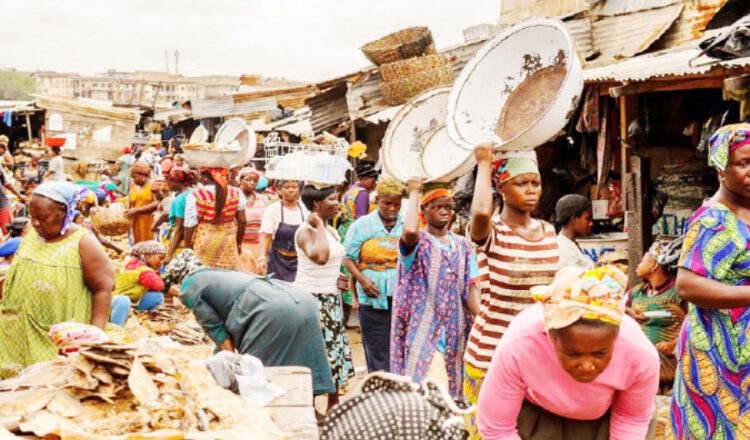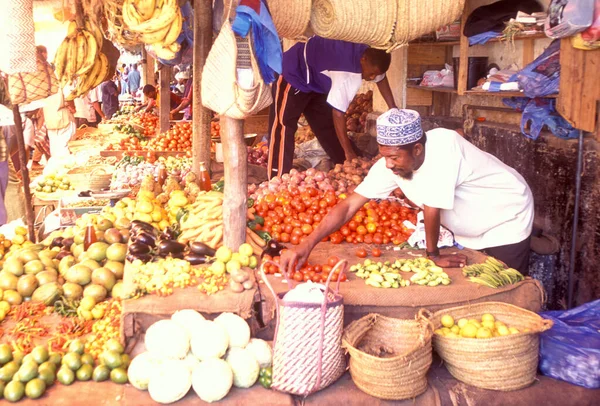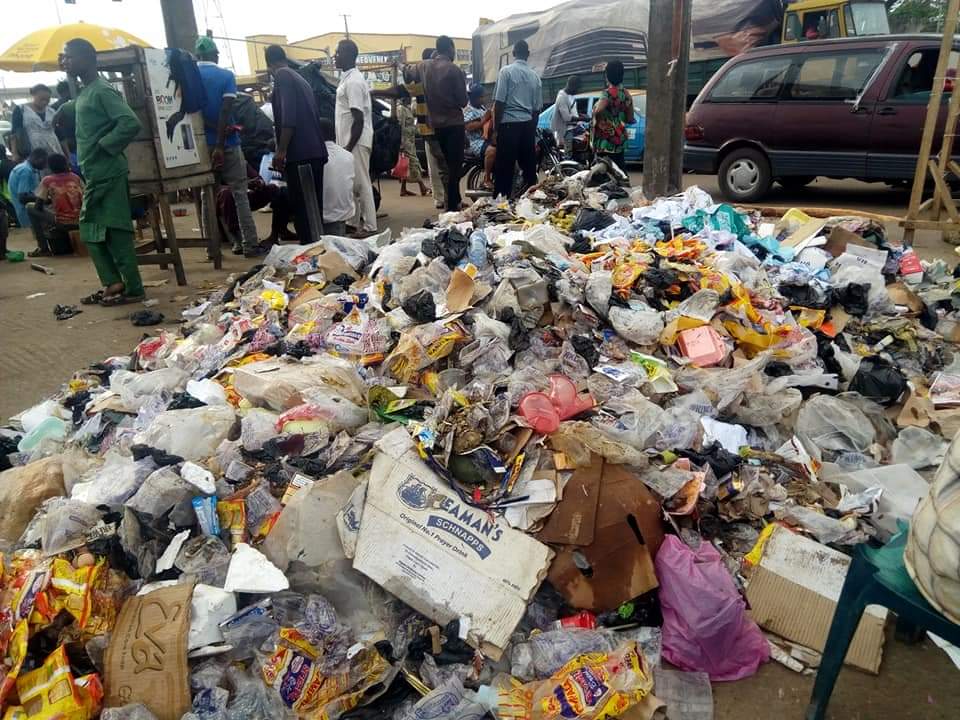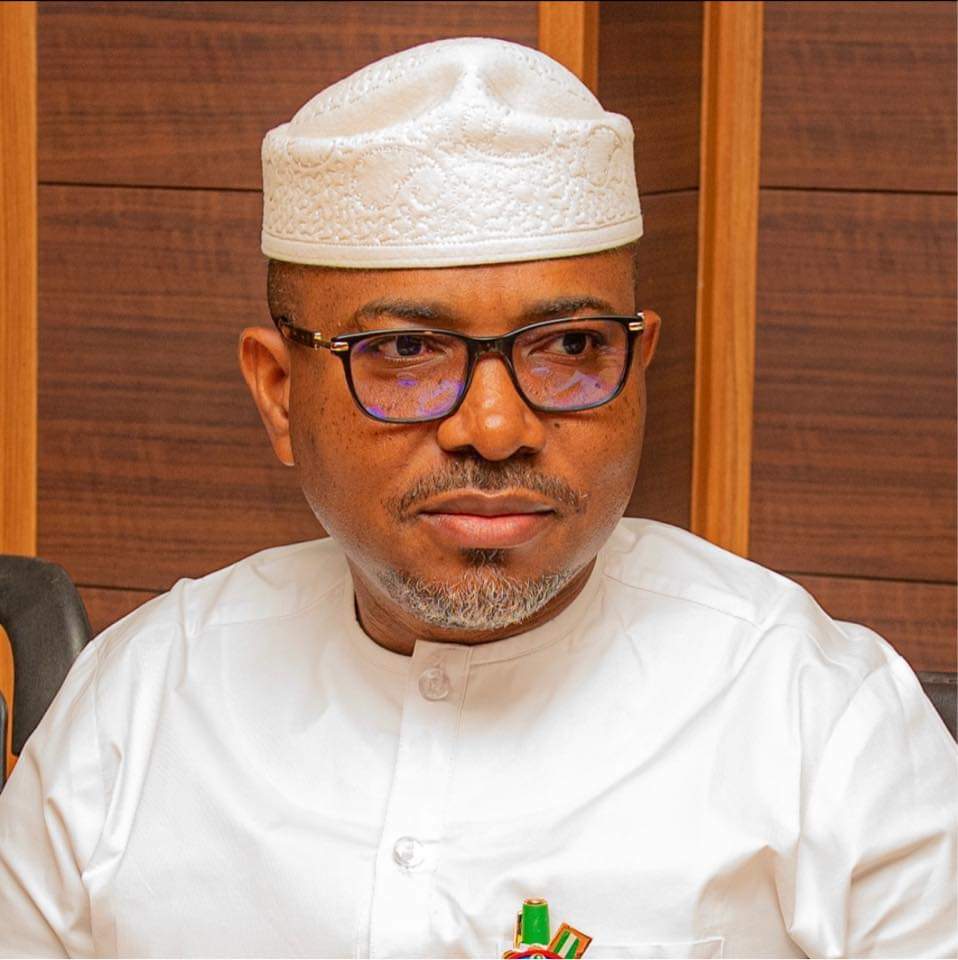
With inflation soaring at an official rate of 33.2 percent, it’s evident that Nigerians are enduring significant hardships across the board. From skyrocketing food prices to the increasing costs of household essentials, coupled with unemployment and energy expenses, the nation is facing a multifaceted crisis testing the resilience of its people.

While the government boasts of reining in the dollar and stabilizing the Naira’s value, the persistent rise in prices challenges the notion that currency fluctuations are solely to blame for inflation. The undeniable truth is that the escalating cost of food is directly impacting the livelihoods of ordinary citizens, reflecting systemic issues within the agricultural sector.

Experts attribute this predicament to insecurity, which has led to a decline in food production and a subsequent surge in prices. Basic food items like rice, beans, yams, and poultry products have seen astronomical increases, leaving millions struggling to cope with the economic strain.
Recent statistics reveal a staggering 40.01 percent annual increase in food inflation, further exacerbating the plight of Nigerians. Despite the recent appreciation of the Naira, food prices remain stubbornly high, pushing many to their financial limits.
It’s imperative for the government to take decisive action to alleviate the burden on its citizens. This includes bolstering investment in agriculture to enhance production and stabilize prices, as well as tackling insecurity to safeguard the supply chain.

Moreover, there’s a pressing need for greater transparency and accountability within the food supply chain to prevent exploitation by hoarders and profiteers.
Ultimately, the soaring cost of food isn’t just an economic issue; it’s a humanitarian crisis that demands urgent attention and collaborative efforts from all stakeholders. Nigerians deserve access to affordable and nutritious food, and it’s incumbent upon the government, private sector, and civil society to work together in pursuit of this goal.
The current inflationary crisis in Nigeria is a complex interplay of various factors, and addressing it requires a comprehensive and coordinated approach. It’s time to prioritize the well-being of the Nigerian people by implementing policies that put their needs at the forefront.




